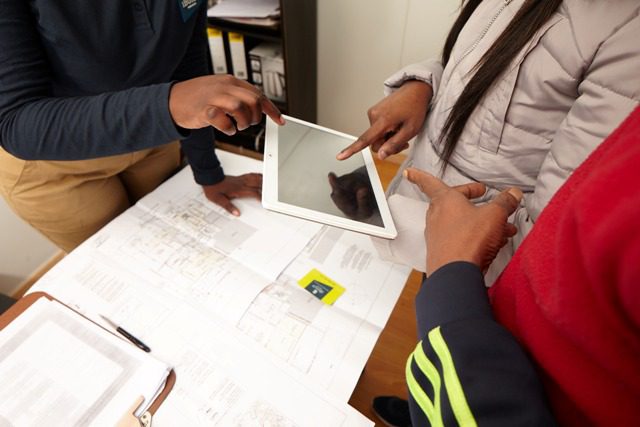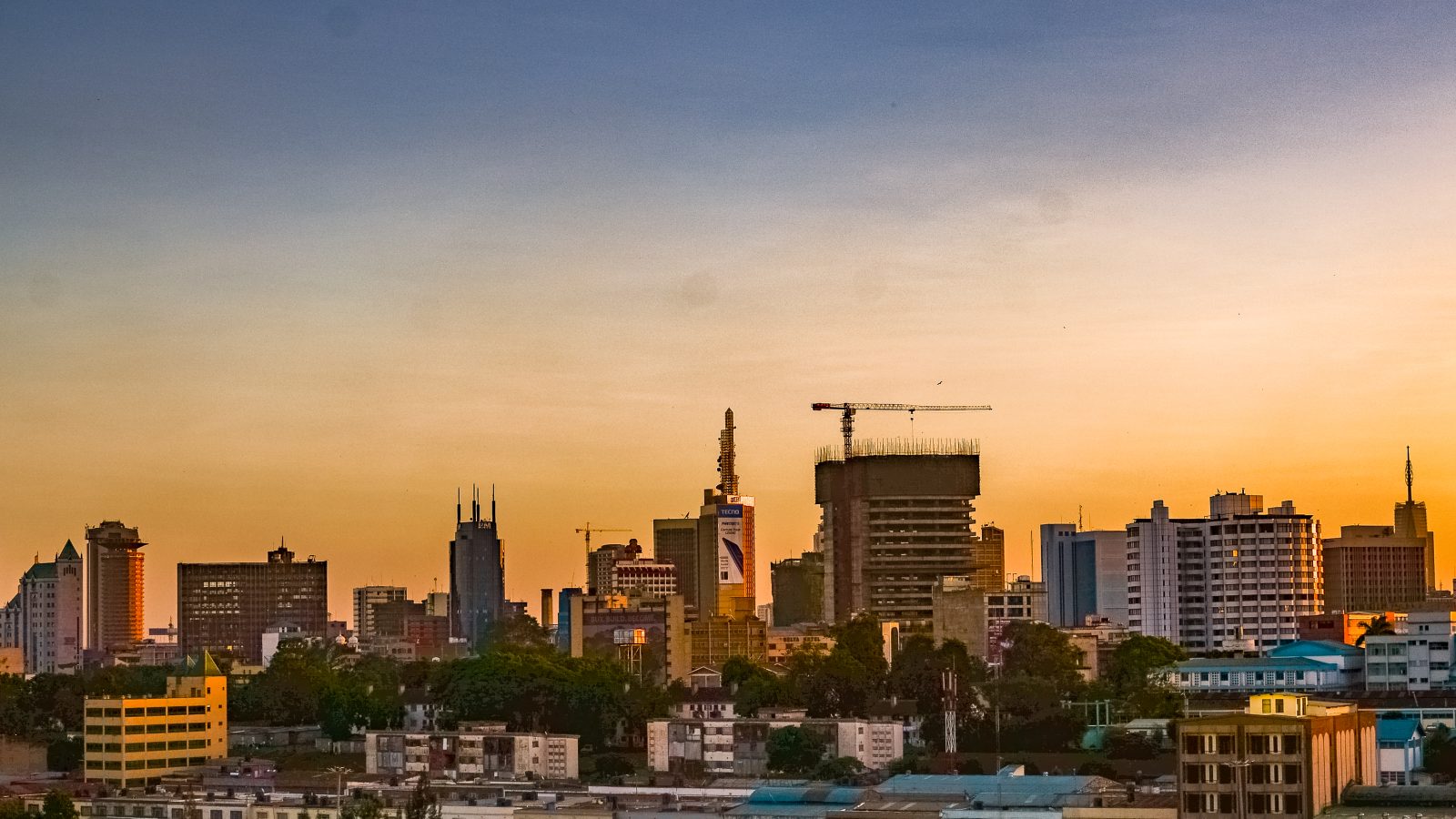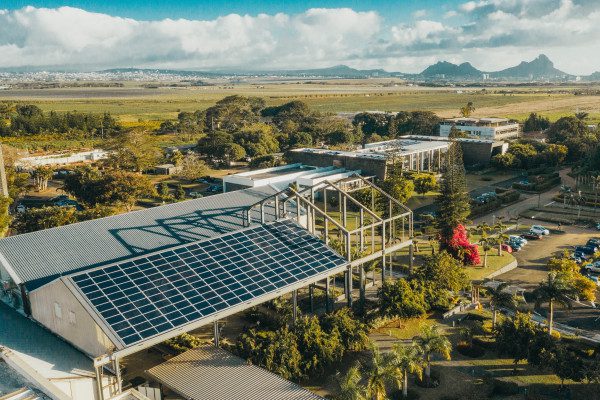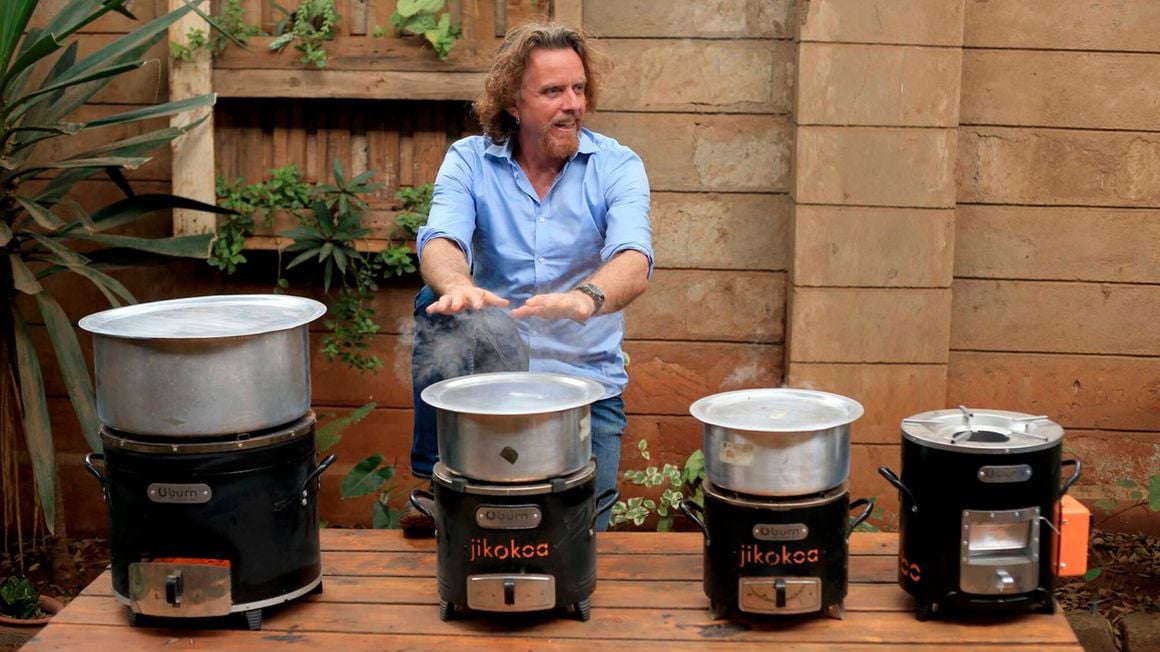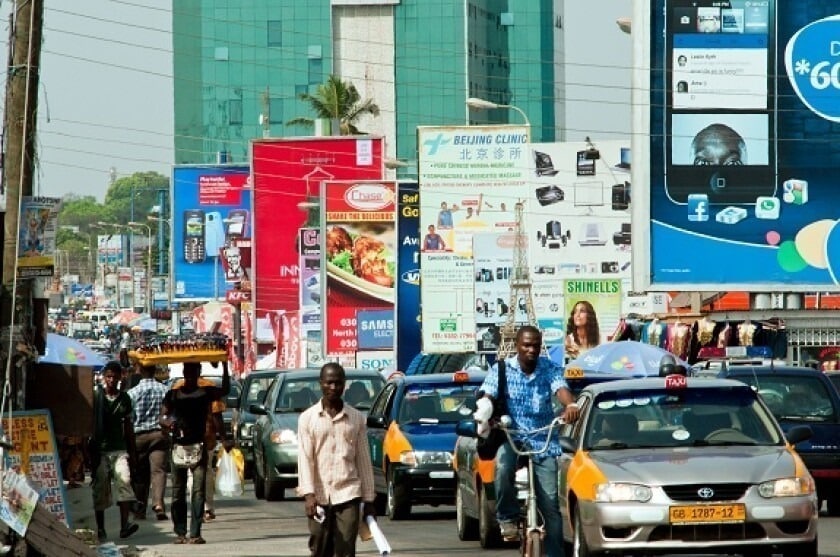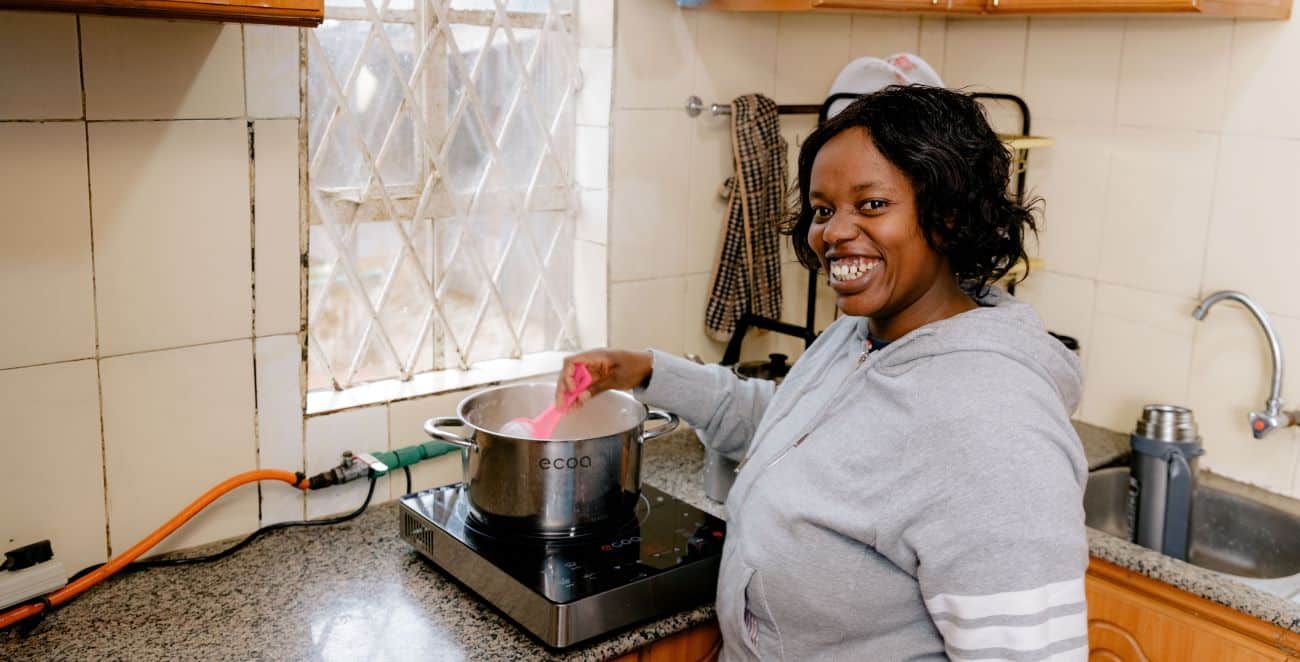BURN Manufacturing, the world’s leading clean cookstove manufacturer and distributor, plans to open a new plant in Nigeria’s economic capital, Lagos, after issuing Sub-Saharan Africa’s first-ever green bond.
The Kenyan firm said Friday that proceeds of the $10 million bond will also allow it to increase existing manufacturing capacity in its home country.
Production will increase from the current 400,000 units per month to 600,000 units and will produce a range of life-saving biomass, electric and LPG stoves.
“Our decision to issue the first green bond to support clean cooking underscores our strong belief in the power of financial innovation to drive positive environmental and social change,” Peter Scott, CEO and Founder of BURN, said.
“Leveraging benefits such as investment communities’ interest in green financing and potential tax advantages to investors, green bonds have gained considerable traction in recent years. BURN is excited to deploy this innovative instrument to catalyze sustainable development,” Scott said.
The bond issuance was supported by DRY Associated Limited acting as the Placement Agent.
FSD Africa, a specialist development agency funded by UK International Development, played a key role in providing technical input on the bond framework and contributing technical assistance for the second-party opinion which was conducted by Agusto & Co., the leading Pan-African Credit Rating Agency and Green Bond Verifier.
“We are proud to have supported this landmark issuance, the first-ever green bond to finance clean cooking activities in sub-Saharan Africa,” Evans Osano, Director, Capital Markets, FSD Africa, said.
“Biomass fuel is the main source of energy for cooking for the majority of households in Africa and the proceeds from this capital raise will support these households to transition to more sustainable alternatives,” Osano said.
“These are not only better for the environment but also have health benefits from the reduction of particulate and carbon monoxide emissions which particularly impact women given their greater exposure,” Osano added.
Sub-Saharan Africa urgently needs to mobilise $50 billion annually to address climate adaptation in agriculture, power and urban infrastructure, according to the UN Economic Commission for Africa and the International Monetary Fund (IMF).
Rising temperatures, sea levels, and worsening erratic rainfall are increasing the frequency and intensity of natural disasters and disrupting agricultural production, damaging infrastructure and threatening the sustainability of urban areas in the region.
The expected public financing available from national governments and international donors is however unlikely to be able to meet the financing needs of the region, underscoring the need to mobilise private capital.
A 2022 report by the International Energy Agency on the Africa Energy Outlook suggests that achieving universal access to clean cooking fuels and technologies by 2030 requires shifting 130 million people globally away from dirty cooking fuels each year.
The issuance of green bonds provides a crucial avenue for supporting this shift towards the adoption of cleaner cooking solutions for people.
BURN stoves have been independently verified by reputable institutions such as University of Pennsylvania, University of Chicago, as well as through a comprehensive impact assessment survey conducted by Yunus Social Business. The stoves have consistently been proven to provide substantial health, financial, and climate action benefits.
The funds from the Green Bond are poised to extend these benefits to an extra 2 million households in the year 2024.
Ikechukwu Iheagwam, Regional Director (East Africa) Agusto & Co. expressed delight for supporting BURN Manufacturing in providing a Second Party Opinion (SPO) on this landmark issuance of the first-ever green bond to finance clean cooking in Africa.
“BURN displayed transparency in its pursuit to reduce greenhouse gas emissions following the very detailed scientific process backed by international standards and robust laboratory testing to ensure that the cookstoves consume less wood and charcoal fuel at ISO/IWA Tier 4 thermal efficiency ratings levels,” Iheagwam said.
“While this project is expected to have a significant positive environmental impact in terms of tons of firewood saved and tons of carbon dioxide emissions mitigated for each stove manufactured, the catalytic social, financial, economic and health benefits are quite compelling,” Iheagwam added.
According to Reuben Mabishi, head of research at Dry Associates Investment Bank, the company is proud to have been the Transaction Advisor on BURN’s Green Bond programme.
“The Green Bond programme underscores the opportunities available for fixed-income investments in Kenya to catalyze capital formation, employment, and economic growth,” Mabishi said.
“We are attracted to BURN for the leadership team’s focus, green finance acumen and the scale and professionalism of BURN’s manufacturing operation in Kenya. BURN’s export growth story is a stellar example that Kenya can indeed deliver quality to the world,” Mabishi added.
Read original article
